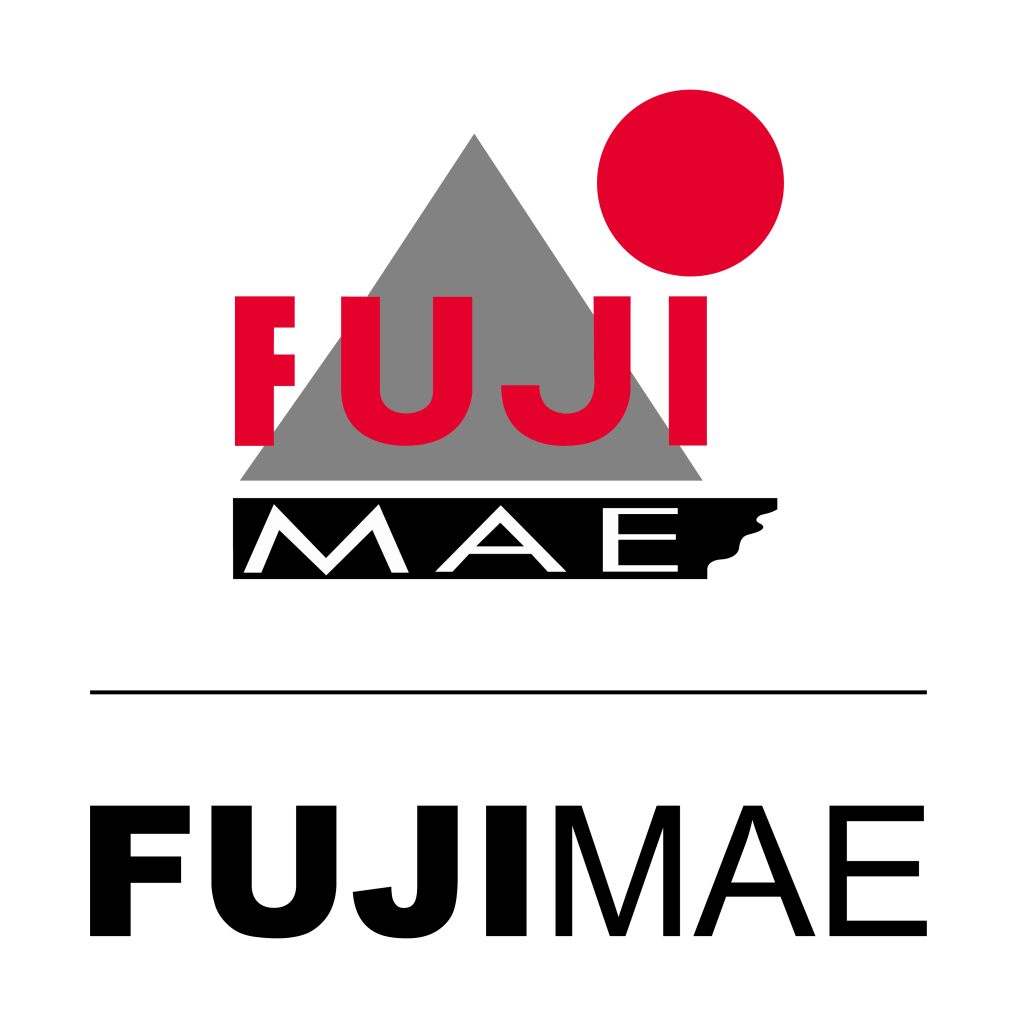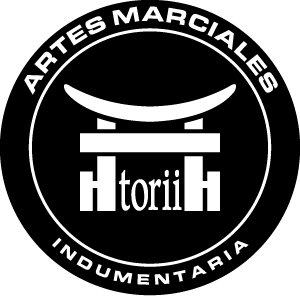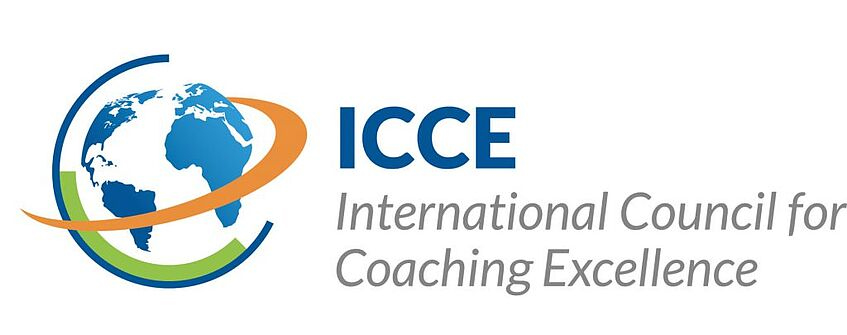President’s Message – July & August 2006
Fully Developing Our Knowledge of Taekwon-Do
As you know, I travel to many countries around the globe, and I have the pleasure of meeting many members of our ITF-affiliated organizations. I particularly enjoy speaking with students who are beginning to learn Taekwon-Do, and one question I often ask them is, “Why do you practice Taekwon-Do?” The most frequent answers are: “So that I will be able to defend myself” and “Because it’s a martial art.”
Why do you practice Taekwon-Do?
There are three fundamental reasons to practice Taekwon-Do:
- to attain and maintain good physical condition,
- for self defense,
- because of the ITF Taekwon-Do philosophy, the “Do”.
So we could say that we practice Taekwon-Do for our health and our safety.
Although you may initially have been attracted to the study of Taekwon-Do because of your desire to improve your physical condition, to be able to defend yourself in case of aggression, or because you are interested in the underlying philosophy, it is important to realize that it is essential that you develop all three of these aspects in order to progress. Taekwon-Do is an excellent activity to improve the physical condition of men, women, and children of all ages, but of course the results will be a reflection of the amount of effort you put into it.
Effective self defense cannot be learned in just a few classes. It is a gradual process that over time builds technique and self confidence.
For our Founder, the study of ITF Taekwon-Do consisted of developing both the body and the mind. If you concentrate only on physical conditioning and self defense, you will be learning the “Tae” and the “Kwon”, but you will be missing the “Do”. Our ultimate goal is to be successful and have a better life, and applying the ITF Taekwon-Do philosophy will help us to achieve it.
There are other reasons for practicing Taekwon-Do – to participate in competitions, to earn the next belt or to become a teacher, for example – but they are ways of measuring our progress rather than fundamental reasons. Of course a key element for any Taekwon-Do student who wants to progress is to have a good, well-qualified teacher.
What does it mean to develop our knowledge?
The theories, terminology, techniques, and philosophy of ITF Taekwon-Do created by our Founder General Choi Hong Hi have a logical and systematic structure. Every detail has a meaning based on his study of oriental philosophy, the martial arts, and the principles of modern science.
His descriptions of movements and patterns are detailed and precise. The correct execution of techniques was obviously important to him, but technique is just one element of ITF Taekwon-Do. For General Choi the study of Taekwon-Do consisted in developing both the mind and the body, a goal we should all strive to achieve.
Our Founder created a martial art that is unique because of its philosophical depth, but we have to make the effort to understand it. We should be proud to be students of the original Taekwon-Do. Its history and philosophy are important, and we need to learn about them.
Why should we always continue to develop our knowledge?
The benefits are numerous and valuable.
You will get a feeling of accomplishment from acquiring more knowledge and understanding, and you will notice that this positive feeling carries over into all aspects of your life. People both inside and outside ITF Taekwon-Do will show you more respect and consult you. You will certainly become a better teacher.
Confucius described the process of learning as three steps:
- I listen and absorb,
- I ask questions,
- I apply what I have learned.
For example, if you ask questions about each movement and pattern and find the answers to those questions, it will increase your knowledge and improve your understanding. When you apply that knowledge, your technique will improve.
I am convinced that once you take the first steps to explore the deeper meaning of ITF Taekwon-Do, you will be eager to continue.
Teachers have a special responsibility
The mission of the ITF is to promote ITF Taekwon-Do around the world, so we have a duty to provide teachers with the tools and the training they need.
As ITF teachers, we have the responsibility of guiding our students to a deeper knowledge and understanding. Encourage your students to ask questions. If you do not know the answers, find out. Ask yourself questions, and don’t stop when you find a simple explanation.
We must be able to answer students’ questions with detailed explanations as this will motivate them to learn more. Continue your research and think about what you are learning. Try to put everything you learn into context, to understand how it fits into the structure and philosophy of Taekwon-Do.
Only by fully developing our own knowledge and understanding will we be able to do that.
Setting a good example for our students is just as important as what we teach them. They watch us and they copy what we do, so ITF Taekwon-Do teachers must live what they teach.
The teacher’s legacy is his or her students. There is a saying: “When an animal dies, it leaves behind its skin, but when a human dies, he leaves only his name.” What kind of a “name” will you leave behind?
By devoting our lives to teaching ITF Taekwon-Do, we are helping our students to make positive changes in their lives and build a better world – a valuable legacy indeed!
The ITF will help
This message is just the first step. We have identified a need for more depth of knowledge and now we need to support your efforts to acquire it.
For instance, producing an Instructors Manual will take a lot of work, but it is essential for the development of the ITF and its members.
Better knowledge of the basic documents of the ITF – the Constitution, the By-Laws, policies, and procedures – will help you to understand how they contribute to the smooth operation of the organization.
The more you learn about protocol and ethics, the more you will understand why they are important to our students and our organization. This is why we are working on a Code of Ethics and a Protocol Manual.
An on-going process
Over the years I had the privilege of attending many seminars conducted by General Choi, and at every one of those seminars he talked about the “secrets” of ITF Taekwon-Do training. Yet it was only after I had listened to his explanations many times that I started to understand the basic fundamental principles of ITF Taekwon-Do. I had been listening and absorbing the information, but one day it all came together and I understood! It was as if someone had turned on a light and I was able to see the logic and structure behind ITF Taekwon-Do.
For example: General Choi instructed us to bend our legs and arms gently before starting a movement. He explained that this would facilitate the development of speed so that we could achieve full power in our movements. When I finally understood how to apply this principle in my training, I noticed a big improvement. It was the same with the application of the sine wave theory and the other “secrets” that General Choi taught us. We need to listen and absorb the information, ask questions, and then apply what we have learned.
This is an ongoing process, and we shouldn’t become discouraged if it takes more time than we would like.
Do you know?
Acting as an examiner for different levels of students in many countries, I have noticed that although they may be technically skilled, many students have a limited knowledge of ITF Taekwon-Do history and concepts. But from my conversations with students when I meet them during courses and competitions or when I visit their schools, I know that they want to learn more.
Watch for Do you know? a new feature on this Web site. To help you to learn more about ITF Taekwon-Do, we will be posting questions… and helping you find the answers. Individual members will want to use these questions to test their own knowledge, and teachers will find them useful for their students.
Why did we decide to use the ITF Web site to present this new feature? Because it is very accessible and an efficient way to reach more people. It is also interactive, so there is an opportunity for feedback from you.
Look for the first Do you know? at the beginning of August.
As always, please feel free to send me your comments about this message or other subjects of concern.
Yours truly,

Master Trân Triêu Quân, President
The ITF – Teaching You the Art of Life
















